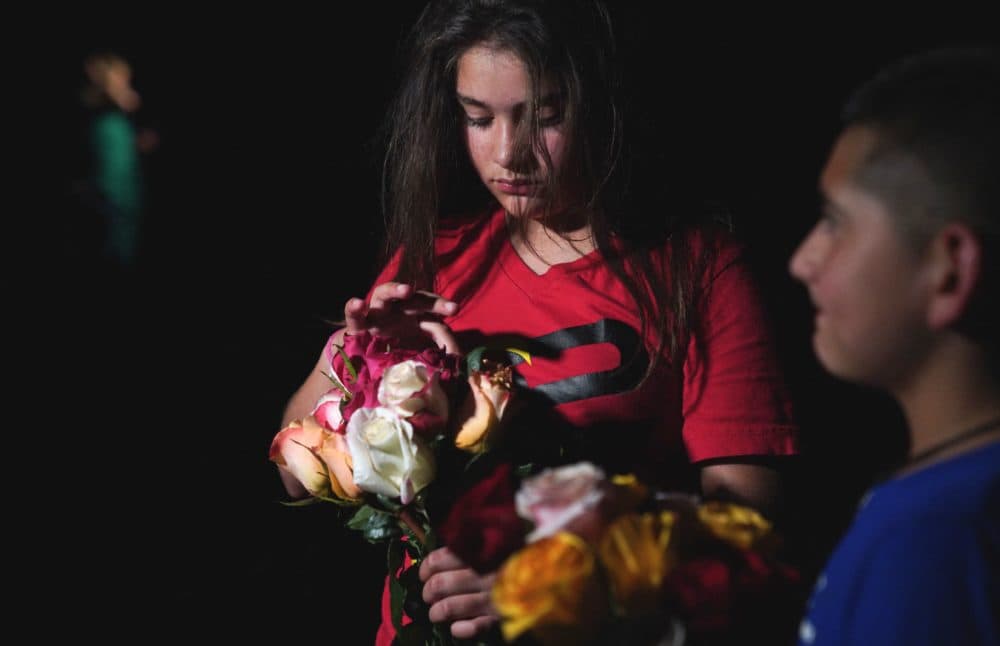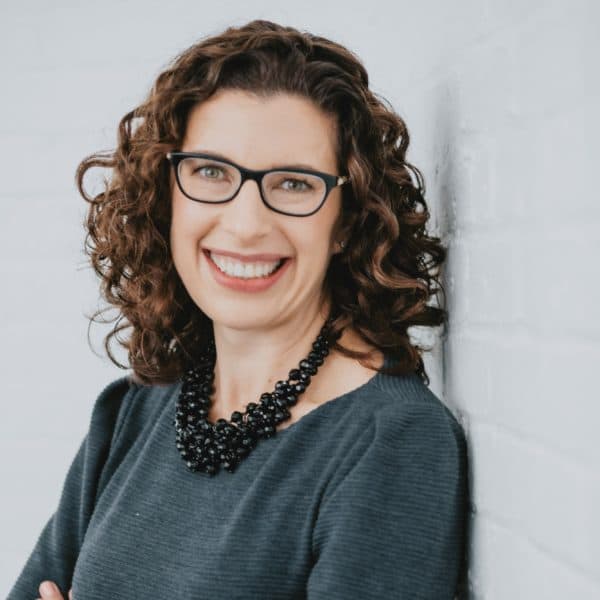Advertisement
Commentary
Lessons I've learned on the frontlines of the gun violence epidemic

As an emergency physician, I have cared for countless shooting victims. Some evenings, the patients come in rapid succession. Sometimes, they arrive in the emergency department alone.
We care for them as best we can. Whether or not we can save them, it falls to me and my colleagues to break the unthinkable news of their injuries to their family or friends. We serve as witnesses to their world being turned upside down. And then, most days, we go on.
Over the course of my career, though, I’ve had a dozen or so victims who so affected me and my team, that we had to stop and acknowledge the horror of what we've witnessed. A firearm suicide at the doors of our hospital. A pregnant woman who was shot and killed by her partner. A drive-by. A mom whose "Spidey sense" told her to not take a planned trip, because her kid would need her — not knowing that meant that she would have to come to the ER to identify her child.
(And even as I write this, I want to give a caveat: I’m lucky. My hospital has not yet had to take care of the kind of public mass shooting that we experienced this week, or last.)
We serve as witnesses to their world being turned upside down.
In these moments of intense tragedy, we in medicine have developed tools to pause, debrief and then, take action. As the American public collectively grieves the shootings in my hometown of Buffalo, in Laguna Woods, and in Uvalde, I hope that these tools can provide solace — and a path towards change.
Informed by extensive literature on trauma-informed care and prevention of post-traumatic stress, we know to start by acknowledging that a trauma has occurred. Whether someone experienced trauma directly (because they’ve been shot or have been in an active-shooter situation), or whether the trauma was experienced vicariously (because they’ve cared for, seen or been part of the community of a victim), we start with naming what has happened.
Next, we acknowledge the very real feelings — of accumulated pain, of compounded frustration, of sheer terror. These reactions are normal. Grief, fear and anger are entirely valid responses. We have learned to provide our patients and ourselves space to process what has happened. We hold ourselves, and each other, gently. We breathe.
Advertisement
Only then do we allow ourselves to move forward. After all, we know that resilience is built not by suppressing trauma — but by having a choice and a sense of control.
Stricken by grief and fearful of more tragedy, it is normal to feel at the mercy of frustration and rage. But these emotions push us away from each other ...
Sometimes, this choice is about taking action. During the #ThisIsOurLane campaign, for example, health care providers opened the doors to our ERs, ORs, ambulances, nursing homes and therapists' offices to show the public the very real health effects of firearm injury — and to try to drive a health-based approach. In my work with community groups, like the Nonviolence Institute in Providence, we channel our collective sadness and rage into community-level support. In hospitals, we develop protocols to better care for patients before and after a shooting, to reduce the risk of workplace violence, and to better support our staff.
Resilience can also mean focusing on self-care, as we cannot heal without rest.
Lastly, it often means seeking out professional mental health support.
If we have learned anything in medicine, dealing with the daily drumbeat of firearm injuries and deaths that consumes our nation, it’s that we must keep an eye on each other. Stricken by grief and fearful of more tragedy, it is normal to feel at the mercy of frustration and rage. But these emotions push us away from each other, and undermine fellowship and community when we need it most.
There is no overnight solution to reducing the toll of firearms on American lives. But nor is it hopeless. While I continue my career’s work to both treat and prevent firearm injury, I hope that our nation can take a lesson from those of us on the front lines of this epidemic. The first step is grieving in ways that neither add to the immense trauma nor that further divide us from our friends and communities.
We must give ourselves and each other the care to stay present, and to stay the course.
